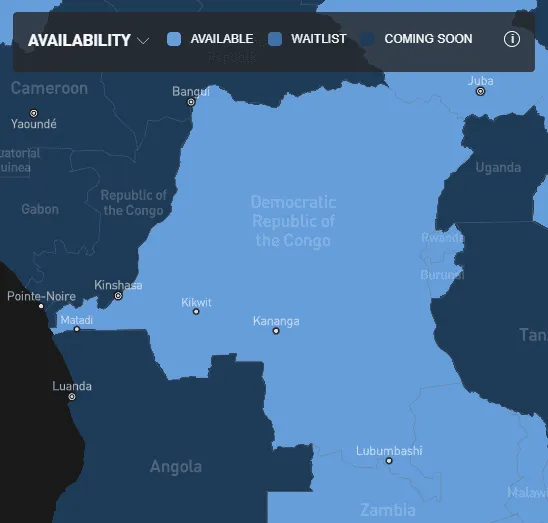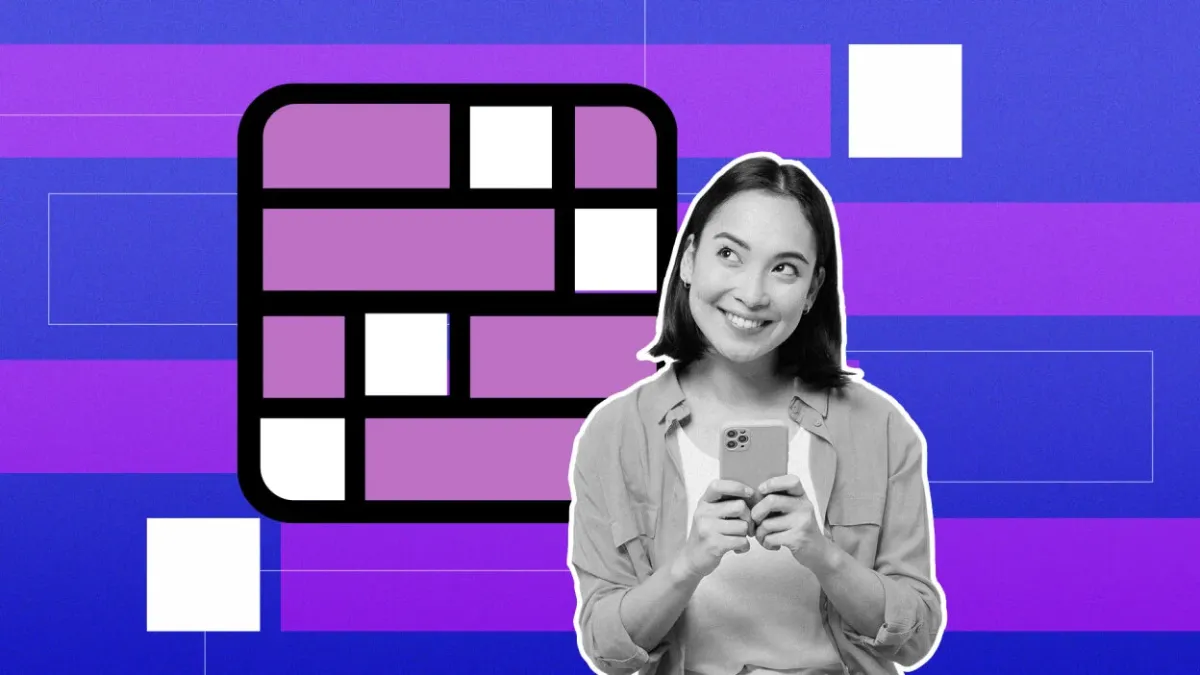Starlink Officially Launches Its Services in the Democratic Republic of Congo (DRC)
Starlink, the satellite internet service owned by Elon Musk’s company SpaceX, has officially started providing its services in the Democratic Republic of Congo (DRC). This is a big step toward helping more people in the country get access to the internet.
The Congolese Postal and Telecommunications Regulatory Authority (ARPTC) gave Starlink permission to operate in the country on May 2, 2025. Starlink DRC S.A., which is the local branch of the company, received a telecommunications license to begin its services.
Why This Is Important for the DRC
The DRC is a very large country with over 111 million people. However, as of January 2025, only about 30.6% of the population had internet access. This is because the country has many challenges, including poor internet infrastructure and ongoing conflicts in some regions, especially in the east.
Starlink’s technology uses satellites in low Earth orbit (LEO) to provide fast internet directly from space. This means it does not need cables or towers on the ground, making it a great solution for rural and hard-to-reach areas where traditional internet services are not available.
The ARPTC has said that Starlink’s service will help improve internet access in the DRC, which can benefit education, healthcare, and online businesses.
Starlink’s Growth in Africa
The DRC is the 22nd African country where Starlink is now available. Earlier in April 2025, the service also launched in Somalia, Lesotho, and Guinea-Bissau.

Starlink uses more than 7,000 satellites to provide internet with download speeds between 5-50 Mbps and upload speeds of 2-10 Mbps. Some of its plans offer unlimited data.
However, the cost may be a problem for many people in the DRC. The Starlink equipment (the satellite dish and router) costs $400, and the monthly subscription starts at $43. In a country where many people struggle financially, this could make it difficult for everyone to afford the service.
How Starlink Overcame Challenges in the DRC
At first, the DRC government had banned Starlink in March 2024. The ARPTC said they were worried about national security because rebel groups, like the M23 (which is supported by Rwanda), could use the service in conflict areas.
The government had even warned people against using Starlink illegally and blocked attempts to bypass restrictions by registering devices in other countries. Starlink’s dishes have GPS tracking, so the company could stop this from happening.
But by May 2025, the ARPTC changed its decision and gave Starlink a license after the company met all the necessary rules. The exact details of the agreement are not public, but some experts think it may be connected to talks between the U.S. and DRC about trade and security partnerships.
What This Means for the DRC’s Internet Market
The ARPTC’s president, Christian Katende, said that Starlink will start its services very soon and that the company followed all the required steps.
Some experts believe that Starlink’s arrival will create more competition in the DRC’s internet market. This could lead to lower prices and better services for customers.
However, local internet providers are worried because Starlink offers faster speeds and wider coverage than traditional ground-based networks. Some companies are now focusing on other services, like e-health and supply chain management, to stay competitive.
Starlink’s Future in Africa
Starlink is growing quickly in Africa. It is already available in Nigeria, Rwanda, Kenya, and Ghana, among other countries. Its ability to provide internet in places with poor infrastructure makes it a promising solution for improving education and business opportunities.
But Starlink is not the only company working on satellite internet. Amazon’s Project Kuiper plans to launch over 1,600 satellites by mid-2026, and Eutelsat’s OneWeb is also expanding in Africa. Still, Starlink has an early advantage in many markets.
In Uganda, President Yoweri Museveni has shown support for Starlink’s low-cost internet solutions, which could mean more growth in the region.
However, in some countries like South Africa, Starlink is still facing legal challenges. South Africa’s rules require local ownership of telecom companies, and the government has not yet allowed Starlink to operate there.
Conclusion
Starlink’s launch in the DRC is a major development that could help millions of people get online. While there are still challenges, like affordability and competition, the service has the potential to transform internet access in one of Africa’s largest and most underserved countries.
The DRC’s decision to allow Starlink also shows how satellite internet is becoming an important tool for connecting remote and conflict-affected regions around the world.



